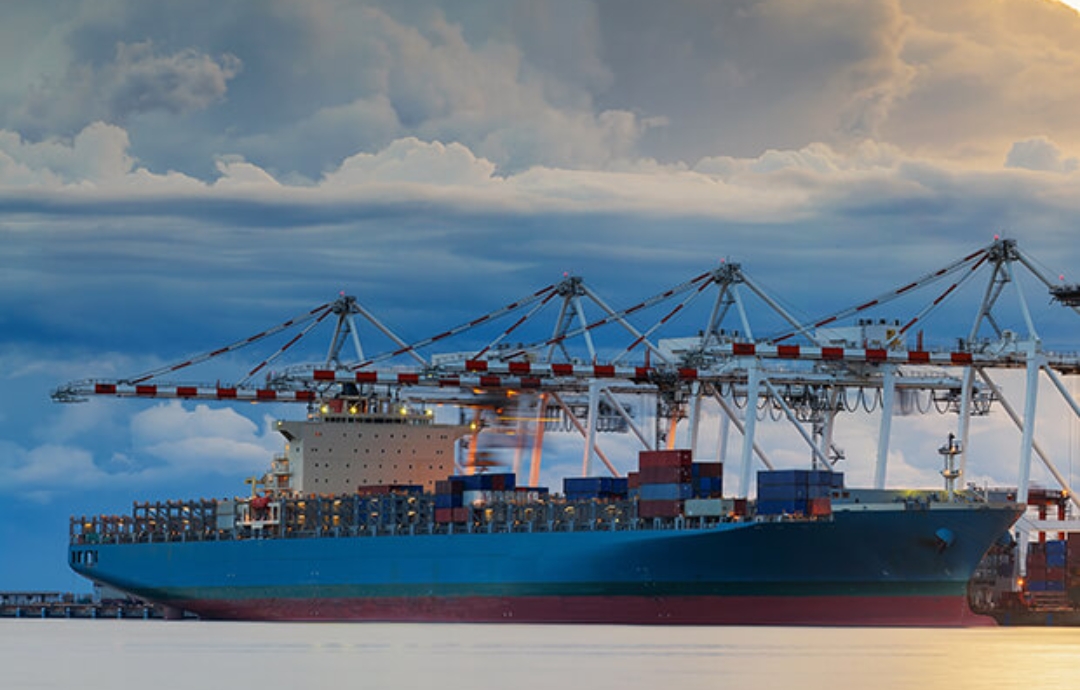
An agency of the United Nations (UN), the UN Trade and Development (UNCTAD) has advocated a “fundamental rethink” of development strategies in emerging markets, especially in the Global South (Africa and others) warning that low-cost manufacturing and commodity exports may not be enough to reverse long-term stagnant economic growth.
A report by UNCTAD delivered by the Global Trade Review (GTR) indicates that low growth has become the “new normal” globally and a slowdown since the financial crisis has been felt particularly sharply in developing economies.
At the same time, export growth has slowed relative to GDP over the last decade, with 2023 marking the first time goods trade declined while the global economy grew. Though services trade has grown far more rapidly, 80 percent of exports are from developed countries, it finds.
The report warns that developing markets traditionally reliant on low-cost labour to support manufacturing exports are now attracting less investment.
It urges those economies “to prioritise economic resilience and diversification, moving beyond manufacturing-led export models”, which it says is “losing steam”.
For countries dependent on raw materials exports, UNCTAD warns that financialisation of the sector, which is characterised by price speculation, hedging and similar activities, is “increasingly shaping commodity prices, amplifying volatility and heightening risks in the energy transition.”
It identifies a downward trend across eight African economies dependent on commodities, including Angola, Egypt, Nigeria and South Africa, concluding that “the largest economies on the continent… have had particularly disappointing trajectories” over the last 10 years.
A projected slowdown in oil and gas investment poses a particular threat to fossil fuel-exporting nations; the report finds 26 developing countries rely on such trade for more than half of their total export earnings.
Although demand for critical minerals and increased trade within the Global South present emerging opportunities, these could be lost without strategic policy shifts, it adds.
Secretary-General of UNCTAD, Rebecca Grynspan, said: “We must rethink, reform and revive. We must rethink global development strategies, reform the international financial system and revive the commitment to multilateralism.”
One “major challenge” identified by the report is raising capital. Currently, only 22 developing countries hold investment-grade ratings, and it says concerted efforts are required to improve access to affordable, long-term financing in developing markets.
“High borrowing costs, volatile external private financing and limited access to affordable public financing widen the gaps in development finance,” UNCTAD said.
It calls for greater concessional financing from multilateral and regional banks, as well as the use of innovative financial tools, to ensure reliable financing and support for development programmes.
“However, there are promising signs for South-South trade. Trade between developing countries more than doubled to US$5.6tn between 2007 and 2023, offering growth and regional integration opportunities,” the report added.
Wider use of regional initiatives such as the African Continental Free Trade Agreement and the ASEAN Economic Community can help those countries build more diverse, resilient economies, it says.










